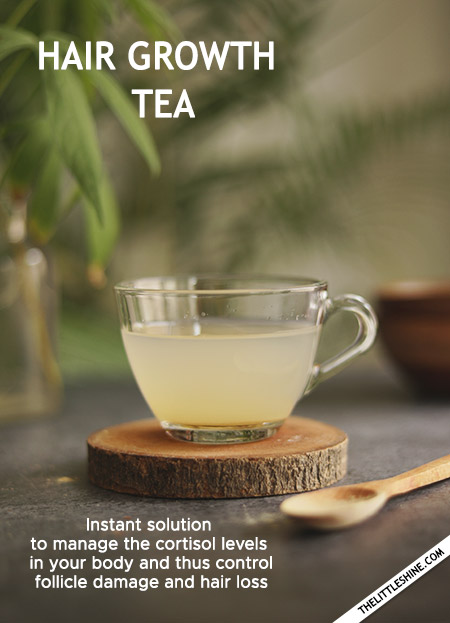ASHWAGANDHA BENEFITS AND USES
Indian Ginseng, commonly known as Ashwagandha is a medicinal herb and dietary supplement which is well-known for its multiple benefits to health.

Let’s look into the benefits of consuming ashwagandha:
Ashwagandha is helpful for hair growth and to maintain hair health, as it has powerful anti-inflammatory properties that can help keep scalp conditions like dandruff, itching, psoriasis, eczema etc at bay. It can help promote better blood circulation in the scalp and help boost overall hair health and promote better growth of the hair follicles.
Ashwagandha can help reduce stress levels and anxiety levels, as it is helpful in the reduction of cortisol, a stress hormone that is released by the adrenal glands in response to stress. Therefore ashwagandha is known to be an “adaptogen” as it is a herb that can help promote better neurological health and help the body cope with high levels of stress and reduce the overall stress levels.
Ashwagandha can also help reduce the risk of developing certain types of cancer and neurodegenerative diseases.
Ashwagandha can also help men with male infertility and in general, it can help boost overall energy levels. It can also help improve the quality of sleep.
Here are 4 different ways you can use ashwagandha:
- For health benefits:
1. Ashwagandha smoothie recipe:
Ingredients:
- 1½ cup milk
- 4 seedless dates
- 1/2 tsp ashwagandha powder
- 1 banana
- 1 tbsp cocoa powder (optional)
- Honey (to taste)
Method: Into a mixer blender, add in the seedless dates, chopped banana pieces, cocoa powder (optional) and honey to taste. Blend this into a fine paste. Then, add in the milk and give it a quick blend until it is well combined. Pout this mixture into a cup and it is ready to consume. READ MORE – OVERNIGHT HAIR SPRAY to stop hair fall, thinning hair and regrow thicker hair
Tip: You can also refrigerate this for an hour or so, if you wish to consume it cold, or you could just use cold milk while blending.

2. Ashwagandha tea recipe:
- 1 cup water
- 1 tbsp coriander seeds
- 1/4 tsp dry ginger powder
- 1/4 tsp ashwagandha powder
- Honey to taste
Method:
Using a motor and pestle, crush the coriander seeds into a coarse powder. Then, into a heating pot, add in the water and let it come to a boil, lower the flame and let it simmer for 2 to 4 minutes. Then add in the dry ginger powder and ashwagandha powder, let it come to a quick boil before turning off the flame. Stir this mixture well and strain into a cup. Add in honey to taste, stir well and consume.
3. Ashwagandha milk recipe:
- 1 cup water
- ½ tsp ashwagandha powder
- ½ cup milk
- A pinch of cardamom/elaichi powder (optional)
- Honey (to taste)
Method:
Into a heating pot, add in the water and ashwagandha powder and let it come to a boil, until the quantity reduces by half. Then turn off the flame and add in the milk and elaichi powder. Sir this well and then strain this mixture into a cup. Add in the honey to taste, mix well and consume.
Hair mask for hair health and hair growth benefits:
Ingredients:
- 2 tbsp ashwagandha powder
- ¾ tbsp amla powder
- ¾ to 1 cup fresh aloe vera gel
Method:
Into a mixer grinder, add in the fresh aloe vera gel and grind into a smooth paste. Then, add in the ashwagandha and amla powder and mix well.
To apply for your hair: Partition your hair and evenly apply this mask all over your scalp and hair and let it sit for 30 minutes while you cover your hair with a shower cap. Then rinse off using a mild shampoo and conditioner.
Note: You can consume Ashwagandha supplement capsules on recommendation after consulting a professional Ayurvedic practitioner or doctor. READ MORE – Ayurveda shampoo to stop hair fall
Caution:
- Pregnant women and breastfeeding mothers should not consume ashwagandha as there is a risk of possible side effects.
- Those who have any sort of auto-immune diseases, have thyroid, those already on medications or have just undergone any surgery must avoid consuming ashwagandha.
- For the others, consume ashwagandha in smaller quantities at first and gradually increase your dosage, to check for any sort of bodily reactions upon consumption.

